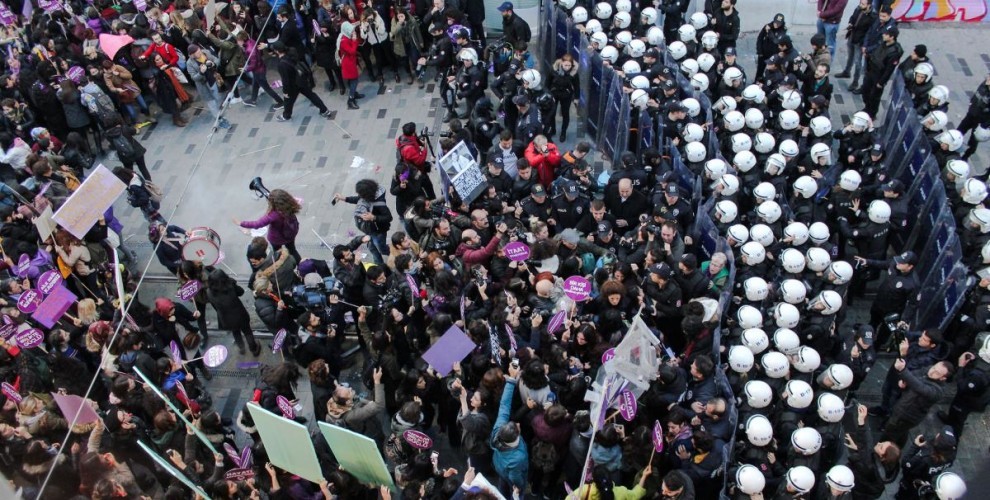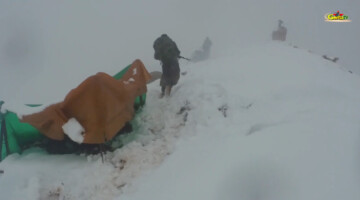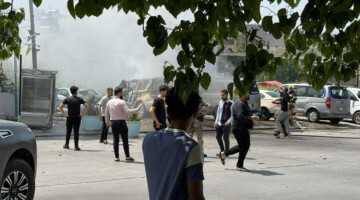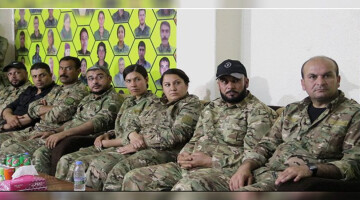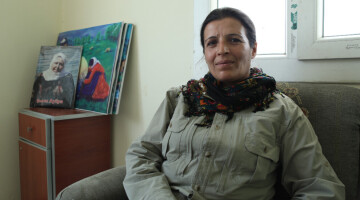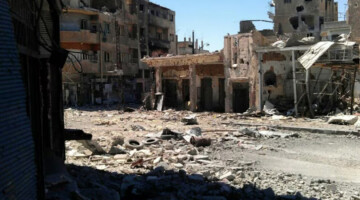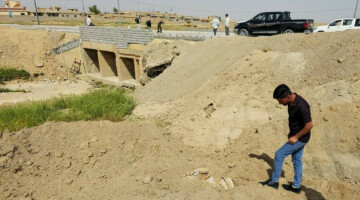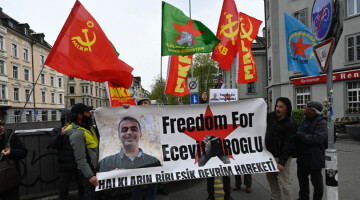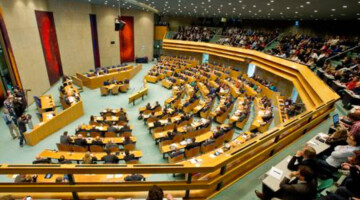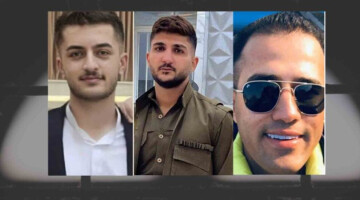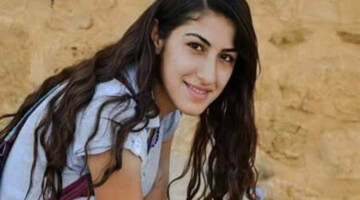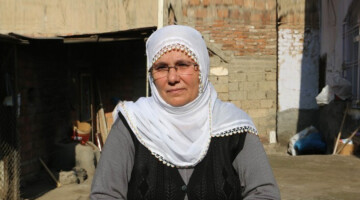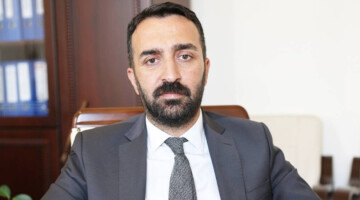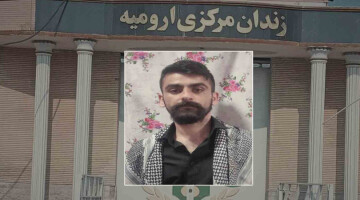There is a growing global trend to confront the abuses of headline-grabbing autocrats, Human Rights Watch (HRW) said today in launching its World Report 2019. Within the European Union, at the United Nations, and around the world, coalitions of states, often backed by civic groups and popular protests, are pushing back against anti-rights populists. In the 674-page World Report 2019, its 29th edition, Human Rights Watch reviews human rights practices in more than 100 countries.
Regarding the situation with regards to human rights in Turkey, HRW recalled that Parliamentary and presidential elections in Turkey in June 2018 saw President Recep Tayyip Erdoğan re-elected president and the ruling Justice and Development Party (AKP) retain control of parliament through a coalition.
HRW pointed out that the June 2018 election campaign took place under a state of emergency imposed after the July 2016 attempted military coup and in a climate of media censorship and repression of perceived government enemies and critics that persisted throughout the year, with many journalists as well as parliamentarians and the presidential candidate from the pro-Kurdish opposition in jail.
Mentioning the presidential system of governance agreed in a 2017 referendum and brought into force by the election, HRW noted that the system lacks sufficient checks and balances against abuse of executive power, greatly diminishes the powers of parliament and consolidates presidential control over most judicial appointments.
The report also recalled that in January 2018, Turkey launched a military offensive on the northwest Syrian Kurdish-populated district of Afrin and at time of writing continued to control the territory.
With regard to the freedom of expression, association and assembly, HRW said: “Turkey remained the world leader in jailing journalists. An estimated 175 journalists and media workers are in pretrial detention or serving sentences for terrorism offenses at time of writing. Hundreds more are on trial but at liberty. Most media lack independence and promote the government’s political line.”
Remarking that journalists working for Kurdish media in Turkey continued to be arrested and jailed repeatedly, obstructing critical reporting from the southeast of the country, HRW said: “After a police raid in March on the pro-Kurdish newspaper Free Democracy (Özgürlükçü Demokrasi), its journalists and other workers were detained and its printing works and assets turned over to the state. The newspaper was closed by decree in July, and 21 printworkers and 14 journalists are being prosecuted in separate trials. A total of 13 printworkers and journalists were being held in pretrial detention at time of writing.”
The report highlighted that: “The blocking of websites and removal of online content continued, and thousands of people in Turkey faced criminal investigations and prosecutions for their social media posts. Wikipedia remained blocked in Turkey.
In 2018 there was an increase in arbitrary bans on public assemblies, particularly evident after the end of emergency rule when governors assumed greater powers to restrict assemblies.
Police detained students from leading universities for peaceful protests on campus against Turkey’s offensive on Afrin and for holding up banners critical of the president. At least 18 students were held in pretrial detention for such protests and many more prosecuted for crimes such as “spreading terrorist propaganda” and “insulting the president.”
In August, the Interior Minister banned the long-running peaceful weekly vigil at a central location in Istanbul by the Saturday Mothers, relatives of victims of enforced disappearances seeking accountability. Police violently dispersed and briefly detained 27 of the organizers. The ban on holding the vigil at the traditional location remained in effect at this writing. A Saturday Mothers’ vigil in Diyarbakir was also banned, as were all public assemblies organized by the Diyarbakir branch of the Human Rights Association from September onwards.
On September 15, police detained hundreds of construction workers who protested poor work and living conditions on the building site of the third airport in Istanbul. Courts ordered 37, including trade union officials, into pretrial detention, with six later released. Many more are under criminal investigation accused of offenses such as staging an unauthorized protest and resisting dispersal.”
Under the title “Kurdish Conflict and Crackdown on Opposition”, the report said the following:
“Armed clashes between the military and the armed Kurdistan Workers’ Party (PKK) in the southeast continued through 2018, mainly in rural areas. The government continued its repressive measures against elected parliamentarians, mayors and municipalities from pro-Kurdish parties, although the Peoples’ Democratic Party (HDP) secured 67 parliamentary seats (11.9 percent of the vote) in the June election.
Serving HDP deputy Leyla Güven and nine former HDP parliamentarians remained in prolonged pretrial detention on politically motivated terrorism charges, including former party co-leader and presidential candidate Selahattin Demirtaş. Eleven deputies were stripped of their parliamentary seats in the period before the June election and were barred from standing again as candidates.
In the southeast, the suspension of local democracy continued as the government maintained control of 94 municipalities won in the 2014 local elections by the HDP’s sister party, the Democratic Regions Party (DBP). At time of writing, 50 co-mayors remained jailed on politically motivated terrorism charges after their removal from elected office and the assignment of government appointees to their positions.”
The HRW report also added: “In November, the European Court of Human Rights ruled that Turkey’s repeated prolonging of the pre-trial detention of opposition politician Selahattin Demirtaş violated his rights and had the “ulterior purpose of stifling pluralism and limiting freedom of political debate, which is at the very core of the concept of a democratic society.” The court ordered his release.”

